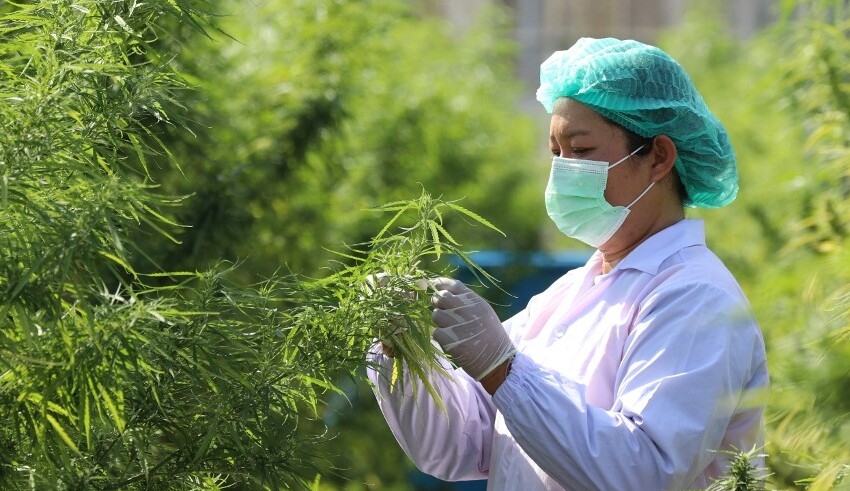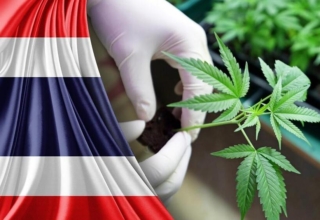
Thailand’s developing cannabis industry is becoming increasingly concerned about the threat presented by American farmers. With the United States quickly growing its legal cannabis market, Thai cannabis companies are concerned about losing their worldwide competitive edge. This article dives into Thailand’s cannabis industry’s issues, investigates the influence of US farmers, and considers alternative ways to keep Thailand’s place in the changing cannabis market.
With a growing number of states legalizing recreational and medicinal cannabis, the United States has seen extraordinary growth in its cannabis market. American producers benefit from favorable legislation, superior technologies, and a mature industry, allowing them to compete on a worldwide scale. As a result, they have been able to develop high-quality cannabis at reasonable prices, generating considerable interest from both foreign users and investors.
Concerns about Thailand’s Cannabis Industry
Thailand was one of the first Asian countries to legalize medical cannabis in 2018, but the sector is still in its early stages. Thai cannabis businesses have experienced various hurdles, including navigating complex rules, restricted access to funding, and the need for further R&D. Despite these obstacles, Thailand has made tremendous progress in cultivating distinct strains and generating novel cannabis-based products.
However, as the US market grows and acquires a competitive advantage, Thai cannabis sector participants are concerned about losing market share and the potential long-term effects on the domestic economy. Thai enterprises are concerned about being eclipsed by their American competitors, who benefit from economies of scale and a head start in product development and marketing.
Thailand’s cannabis business is examining measures to retain its competitiveness in the face of threats posed by US growers. These include concentrating on specialized markets, emphasizing the distinctiveness of Thai strains, and capitalizing on the country’s expertise in traditional medicine and herbal medicines. Thai cannabis companies also seek for additional government support in the form of simplified rules, financial assistance, and research collaborations to improve product quality and innovation.
Keep Reading
Recognizing the potential benefits of collaboration, stakeholders in Thailand’s cannabis industry are actively seeking collaborations with international firms, especially those in the US market. Collaboration provides an opportunity for information sharing, technological transfer, and joint ventures, all of which can help Thailand boost its position in the global cannabis market. Thai companies can enter established markets and benefit from the expertise of industry leaders by forming strategic collaborations.
Thailand’s cannabis sector is at a crossroads. While it confronts stiff competition from US producers, it also has certain advantages, such as a strong herbal background and experience in production techniques. Thailand may carve itself a separate niche in the growing global cannabis market by embracing innovation, encouraging collaboration, and securing proper government support.
As Thailand’s cannabis sector expands, it must adapt to changing dynamics and capitalize on possibilities to distinguish itself from competition. Thailand can protect its position and contribute to the development of a diversified and vibrant global cannabis sector by relying on its strengths and pursuing smart alliances.


























